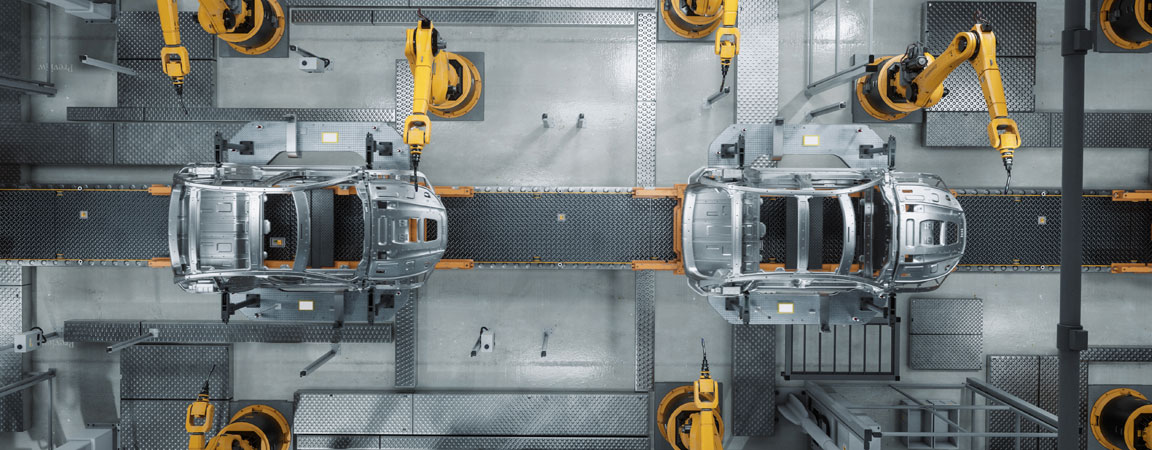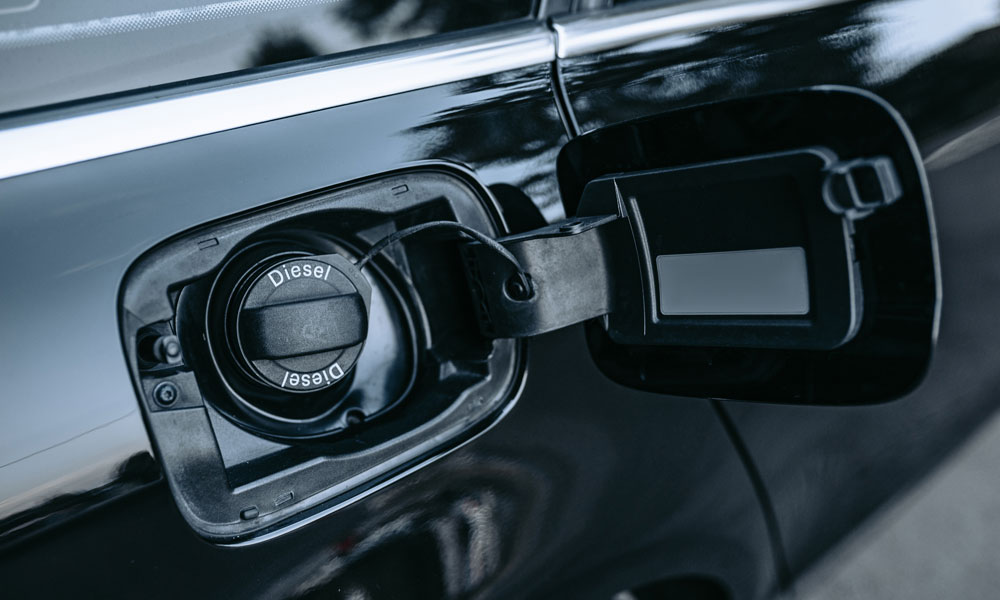Volvo’s last diesel car enters production as car manufacturers embrace net zero
By SG Fleet | 15 April 2024

In a definitive turning point for the automotive industry, Volvo officially made its last diesel car last month. This marks the end of an era and the beginning of a new, electrically charged chapter. A decisive step towards the dissolution of diesel, this aligns with a broader commitment to EVs and net zero carbon emissions.
The end of volvo’s diesel era is more than a ceremonial farewell
Volvo launching its last diesel car signals a seismic shift in the company’s identity and reflects its commitment to a sustainable future – something we’re glad to see. Having relied on diesel sales for a large portion of its historic revenue, this pivot away from diesel fuel demonstrates Volvo’s willingness to disrupt itself in the name of environmental stewardship.
Volvo’s approach includes plans to become a fully electric car manufacturer by 2030. The focus on EVs has been evident throughout their product pipeline, with innovative electric models gaining traction in the market. While such a radical shift presents challenges, including extensive infrastructural and operational changes, Volvo’s leadership has been clear on its conviction to lead by example and steer the industry towards a greener future.
Volvo building its last diesel car is a sign of wider changes
Over the past decade, diesel has fallen from grace. Declining sales reflect mounting concerns over air quality and greenhouse gas emissions. The public’s perception has shifted, and car manufacturers have been forced to realign their strategies in response.
The decline of diesel opens the door wider for alternative fuel and, notably, EVs. Consumers are now more attuned to the environmental impacts of their transportation choices, and the market is witnessing a convergence of innovation and consumer demand that is shifting towards electric solutions.
With the sale of new petrol and diesel vehicles set to be banned in the UK by 2035, the industry is under pressure to accelerate electric offerings. The governmental mandate, despite recent delays, underscores a commitment to sustainable transport and may serve as a benchmark for manufacturers to meet quotas.

Which other manufacturers are moving towards net zero?
Volvo isn’t alone in its drive to a greener future. In recent years, several leading automotive companies have begun the move towards more sustainable offerings.
Jaguar
Shifting to an "all-electric luxury brand" by 2025, Jaguar aims to end its reliance on petrol engines, with its first next-generation EV slated for launch soon. This move marks a significant departure from its current line-up, which primarily features internal combustion engine vehicles.
DS Automobiles
Having already made the leap to a fully electric brand globally in 2024, DS Automobiles is at the forefront of the EV revolution. Emphasising electrification as a core aspect of its strategy, the brand is positioned to lead the charge toward sustainable transportation, aligning with evolving consumer preferences and regulatory shifts.
Peugeot
Peugeot is embracing electrification as a central pillar of its strategy, striving to become an EV-only brand for new cars in the UK by 2030. Peugeot's commitment to electric mobility reflects its proactive approach to meeting evolving consumer demands and regulatory requirements.
MINI
With their final combustion model scheduled for 2025, this iconic automaker is doubling down on electric mobility. Maintaining production in Britain, BMW (MINI’s parent company) has confirmed that the Oxford Plant will produce all-electric MINI models as of 2030 following a £600m investment.
Looking to make the change to an EV?
At SG Fleet, we’re proud to be at the forefront of sustainable transport and of our Carbon Neutral Status. It’s our firm belief that accessing EVs should be as straightforward as possible, both for individuals and for businesses.
Our Novalease package offers employees the opportunity to lease any car on the UK market, including new and used EVs. With pricing cropping up as a common obstacle in people using electric cars, our corporate buying power can help you embrace a greener future with full consumer rights and protection.
For businesses looking to shift towards a greener fleet, why not consider our eStart solution? This end-to-end service allows us to assess your goals and current fleet before putting in place an effective, bespoke transition plan that’s perfect for your needs.
If you want to find out more about how we can help you, then please get in touch with our team.
Further reading
- The Spring Budget: What Can We Expect from Fuel and EV Prices?
- The Benefits of New EV Charging Technologies
- A Look at the New EVs of 2024
- How EV Salary Sacrifice Schemes Can Power a Greener Future


.png)


.png)
.png)
.png)